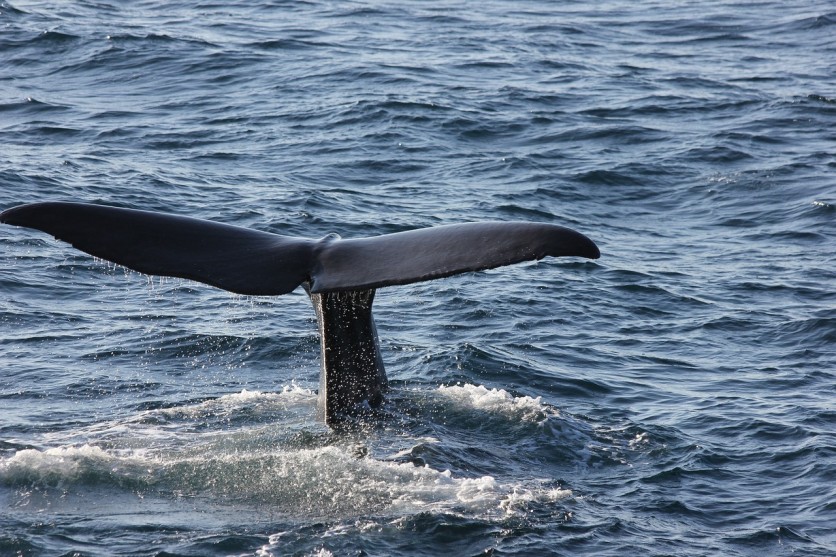Researchers have made progress in understanding the communication patterns of sperm whales around Dominica, suggesting that these majestic marine mammals might be using a "phonetic alphabet" to converse.
Decoding Sperm Whale Communication

Sperm whales, known for their complex social structures and profound intelligence, communicate using a series of rapid clicks, which have, until now, avoided thorough scientific interpretation.
A study spearheaded by the Cetacean Translation Initiative (CETI) and led by David Gruber of the City University of New York analyzed over 8,700 sequences of clicks, known as codas.
Researchers identified four basic components within these codas that form a phonetic alphabet. This discovery is monumental as it suggests that sperm whales might construct words and phrases to interact with each other, much like humans do.
The Social Lives of Sperm Whales
Diving deeper into the social fabric of these cetaceans, the study sheds light on their interesting relationships.
According to ABCNews, sperm whales are not only the largest-brained mammals on Earth but also showcase intricate social behaviors. They live in matriarchal groups, often merging with other pods, which can number in the hundreds.
The complicated communication system of sperm whales likely plays a crucial role in maintaining these complex social structures, and by understanding their language, scientists hope to uncover more about sperm whale society and how it parallels human social constructs.
Technological Advancements in Research
To gather sufficient data, CETI researchers set up an extensive underwater recording studio around Dominica, where around 200 whales reside.
This setup, equipped with microphones placed at various depths, captures the nuances of whale communication in different scenarios, such as sleeping, diving, or socializing.
Pratyusha Sharma, the study's lead author, said, "It doesn't appear that they have a fixed set of codas."
Sharma added that sperm whales might have a "very large dictionary" that could further explain why they have access to a "much larger communication system."
The potential of artificial intelligence is a key component in deciphering the vast amounts of data collected. AI technology could significantly accelerate the analysis, helping scientists understand and predict sperm whale behavior based on their communication patterns.
Study Could Help Conserve Sperm Whales
The implications of this research extend beyond academic curiosity. Jeremy Goldbogen, an associate professor at Stanford University, emphasizes the conservation potential of understanding sperm whale communication.
Insights from such studies could inform strategies to reduce risks like ship collisions and disturbances from ocean noise.
Sperm whales have historically been hunted for their oil, and while commercial whaling has ceased, the species continues to recover slowly.
Effective conservation efforts, bolstered by understanding their communication, could help protect these majestic creatures for future generations.
While the current findings are promising, much remains to be done. CETI's ongoing efforts aim to compile a more comprehensive database of whale codas, which could eventually crack the code of sperm whale communication.
Understanding these patterns may someday allow us to predict and perhaps even respond to sperm whale needs, marking a significant breakthrough in marine biology and animal communication research.
This study highlights the potential for interspecies communication understanding and underscores the necessity of integrating advanced technology with marine research to protect and understand our planet's remarkable biodiversity.
The study, recently published in Nature Communications, could pave the way for enhanced protection measures for these vulnerable giants of the ocean.
You can also visit The Dominica Sperm Whale Project to learn more about their future studies on these creatures.

ⓒ 2025 TECHTIMES.com All rights reserved. Do not reproduce without permission.




